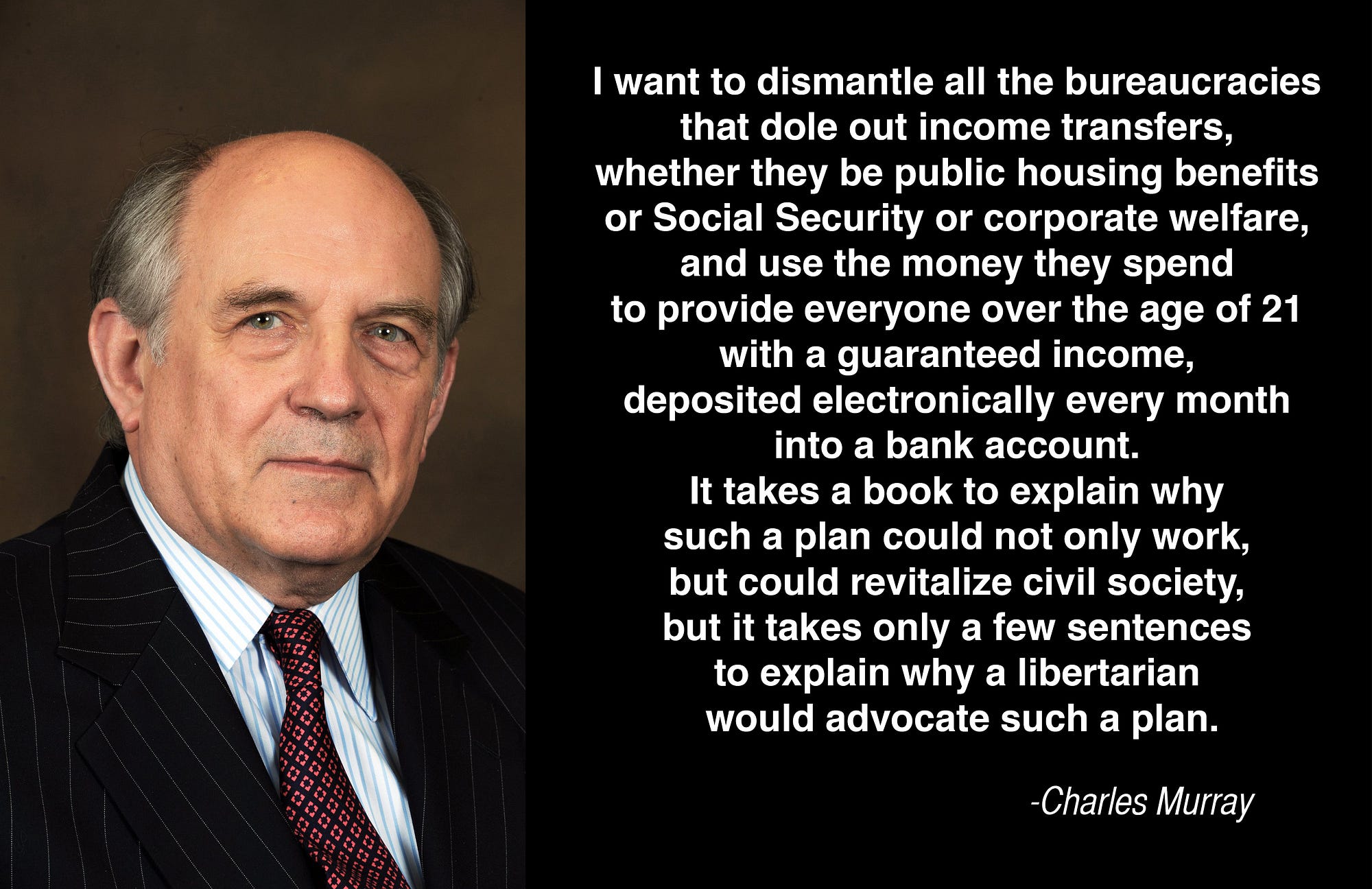
The Transformative Power of Guaranteed Income: Debunking Myths and Unlocking Potential
Imagine a policy so effective that it challenges deeply held assumptions about poverty, unlocks human potential, and creates tangible improvements in people’s lives and communities. This isn’t a far-fetched dream; it’s the reality unfolding across the United States and beyond, thanks to the growing movement around guaranteed income programs.
These initiatives, often called basic income, involve providing regular, unconditional cash payments directly to individuals, typically those with low incomes. The idea isn’t new, debated globally for years, but recent pilots across nearly 200 cities, with 72 linked to the Mayors for a Guaranteed Income (MGI) network, are generating concrete data and compelling stories that are changing perceptions.
A significant milestone was recently reached with the release of full results from twenty academic studies of guaranteed income pilots. These rigorous, mixed-methods research efforts, often collaborating with MGI cities and leading institutions, present a powerful picture of the policy’s impact. What they found is not just promising; it’s transformative, hitting core areas of well-being and economic stability.

One of the most persistent criticisms leveled against guaranteed income is the fear that it would discourage work. Yet, the research emphatically disproves this. Not a single pilot study demonstrated decreased employment among recipients. In fact, the overwhelming majority reported *increased* rates of full-time employment.
Recurring cash payments, it turns out, don’t just provide a safety net; they act as a springboard. Research highlights how this financial flexibility allows recipients to afford essential work-related expenses like childcare and transportation, invest in professional licenses, or take time off to pursue better job opportunities. It shifts the focus from merely surviving to actively building a more secure future.
Beyond employment, the studies painted a remarkably consistent picture of enhanced financial well-being. Practically every pilot observed a temporary or sustained increase in recipients’ financial stability and resilience. These were populations described as extremely financially vulnerable, yet with the support of guaranteed income, many were able to pay down debt, build savings for emergencies, and boost their overall household income.
The stability extended to basic needs, especially critical in the current economic climate. The post-COVID years have seen significant surges in the cost of both food and housing, outpacing wage growth. The vast majority of pilots showed improvements in either housing security, food security, or both, demonstrating that guaranteed income is helping families weather these tough economic conditions.

The positive ripple effects weren’t limited to finances. Many studies found that recipients experienced reduced stress levels, less chaotic home environments, and notably better mental health. A common thread woven through participants’ experiences was an increased sense of agency and hopefulness. The consistent cash allowed many to seek needed medical care and engage in other behaviors that promoted their physical health.
Families saw tangible benefits too. Increased parent-child time was a frequent finding, and several cities reported improved outcomes for children. Studies detailed positive changes like fewer school disciplinary actions, less absenteeism and truancy, and more children being placed in Advanced Placement classes compared to control groups. In other instances, parents receiving guaranteed income were able to attend parent-teacher meetings more regularly, leading to better academic results for their children.
The benefits even extended to safety. In Los Angeles, researchers discovered that guaranteed income helped recipients escape or avoid situations of intimate partner violence and abuse. This highlights the profound, multifaceted impact that providing a stable financial foundation can have on vulnerable populations.

Real-World Impact: From Homelessness to Hope in Denver and Beyond
These findings resonate deeply with figures like Michael D. Tubbs, the former Stockton Mayor who founded Mayors for a Guaranteed Income. He argues that the affordability crisis and vast income inequality are direct results of policies prioritizing corporations over average Americans. Tubbs emphasizes, “research is proving that guaranteed income not only helps people afford basic necessities, it helps unlock latent potential, create opportunities, and increase the resilience of families and communities.
The scale of the guaranteed income movement is rapidly expanding. Tubbs’s MGI network, founded in 2020, has grown to include mayors, city and county officials, and state legislators across 33 states, demonstrating a growing readiness among leaders to embrace evidence-based policy to address poverty. The collective research from these initiatives promises to be the largest body of guaranteed income research ever compiled, involving over 30,000 participants.
One of the most compelling real-world examples comes from the Denver Basic Income Project (DBIP), a program specifically targeting individuals experiencing homelessness. Launched in the fall of 2022, this project distributed over $10.8 million to more than 800 unhoused participants in Denver. The program offered different tiers of support, ranging from monthly payments to an initial lump sum followed by smaller monthly amounts, and even a control group receiving a nominal amount.

The results from the DBIP study, spearheaded by a research team that included members like Katie Calhoun from The Ohio State University and the University of Denver, were significant. Within ten months of joining the program, approximately 45 percent of participants had secured housing. Beyond direct housing outcomes, the program contributed to an estimated $590,000 in cost savings for the city in its first year, achieved through reduced reliance on emergency services, fewer hospital visits, and less jail time.
The impact is perhaps best understood through the stories of individuals who participated. Hilliard McAlpin, who had spent eight years experiencing homelessness after being released from prison, found DBIP to be a lifeline. He described city shelters as dangerous places and noted the profound difficulty of finding work while unhoused, citing barriers like transportation costs, the need for professional attire, and inconsistent internet access.
Receiving funds from DBIP allowed McAlpin to navigate these challenges. He not only secured housing but also found employment installing solar panels. The cash allowed him to support his family financially when they needed help, a powerful act of agency. He reflected, “It was amazing to be able to help [my family], but it also accentuated the fact that our economic system and all these other things are in place to make things hard for the poor.”
Another compelling story is that of Rosemarie Palafox, who had faced homelessness on and off for nearly twenty years. After losing her job and being injured in a car accident, she entered a city-sanctioned campsite and was selected for DBIP. With the program’s support, which included an initial lump sum and subsequent monthly payments, she was able to secure a two-bedroom apartment for herself and her niece.

Political Pushback: Legal Battles and the Fight for Policy Survival
More than just housing, the guaranteed income allowed Palafox to enroll in construction management classes at Metropolitan State University of Denver. Before DBIP, she relied on a complicated patchwork of Section 8 vouchers and welfare benefits, which made it difficult to manage appointments and job searches. Now, she anticipates graduating early, pursuing surgery for her injury, and launching a career, stating, “I’m not just, like, sitting around doing nothing… I’m trying to get stable and start a career, so I don’t have to depend on nobody.”
Hunter Ambrose, a mother of three, also experienced the transformative power of consistent support, even through a control group that received a smaller stipend. Around a year ago, she and her children were living out of her car or in temporary hotel rooms. Today, she lives in a two-bedroom apartment and is expecting a promotion at work.
The city of Boulder, Colorado, grappling with a cost of living significantly higher than national averages – where housing is nearly 195% more expensive than the national benchmark and comfortable living requires earnings far exceeding typical wages – launched its own two-year pilot, Elevate. Offering 200 low-income households $500 per month, the project aims to see if direct cash assistance can combat the increased need resulting from the pandemic and rising costs.

Just eight months into the Elevate project, Housing and Human Services Deputy Director Elizabeth Crowe reported positive early results: “participants are seeing significant improvements in household food security, mental health, and their ability to pay for basic needs like rent and utilities.” The project was made possible with $3 million from federal ARPA funds, highlighting the role of public investment.
The connection between guaranteed income and homelessness reduction is a particularly urgent area of inquiry in places like Boulder County, where hundreds experience homelessness amidst soaring housing costs. A study involving homeless individuals in Los Angeles and San Francisco provided $750 a month for a year and found a rapid decrease in unsheltered participants, dropping from 30% to 12% within six months.
Michael Tubbs agrees that guaranteed income programs can significantly decrease homelessness. He points to the Denver program specifically, noting that it “actually led to cost savings for the city due to less reliance on emergency services.” He emphasizes that cash is uniquely flexible, allowing it to meet a diverse range of needs that individuals themselves are best positioned to identify.
Despite the mounting evidence and compelling personal stories, guaranteed income programs face substantial political opposition. This backlash often employs arguments that the research directly refutes, such as claims that the programs increase welfare dependence or disincentivize work. These arguments are sometimes referred to as “straw man” arguments, as they misrepresent the actual outcomes.
Read more about: Unlocking the Vault: How YouTubers Hit the $1 Million Subscriber Mark and What It Means for Their Earnings

Sources of opposition include right-wing advocacy organizations like the Foundation for Government Accountability (FGA), which has argued that guaranteed income stifles the economy and undermines American values. Politicians have also actively sought to block programs.
Texas Attorney General Ken Paxton, for instance, has repeatedly sued Harris County to halt its Uplift Harris guaranteed income program. Despite lower courts rejecting his initial attempts, the Texas Supreme Court ruled the pilot likely violated the state constitution’s prohibition on “gratuitous payments.” Even after the county modified the program to require spending on necessities (which research indicates recipients already do), Paxton sued again.
This persistent legal and political pressure is having a real impact. While a Harris County judge struck down Paxton’s second suit, an appeal is pending, preventing payments from being made as of late 2024. Furthermore, the backlash contributes to programs shutting down when pilot funding expires, even in cities with progressive reputations like San Francisco.
Some state legislatures have taken legislative action, with South Dakota, Iowa, and Idaho passing laws prohibiting guaranteed income programs. Similar legislation has been introduced, though unsuccessfully, in other states, showcasing a coordinated effort to halt these initiatives.
Read more about: Cruise Industry Faces Global Headwinds Amidst Local Opposition and Changing Strategies

The Path Forward: Why Cash Is the Key to Redefining Poverty Solutions
Even the Denver Basic Income Project, despite its documented successes in housing people and generating cost savings, faced challenges. Although Mayor Mike Johnston had previously endorsed the program, his office spokesperson cited “disappointing results” as the reason for rejecting continued city funding in the 2025 budget, leading to the last payments being made in September 2024. This is a puzzling stance given the positive outcomes highlighted by the program’s research team.
Program founder Mark Donovan notes that DBIP still holds funds being used to maintain services like participant cell phones while seeking alternative funding. Yet, the uncertain future of the project, despite its proven impact, leaves many, including participants like Hilliard McAlpin, feeling a sense of disappointment, which McAlpin attributes to societal divisions and a lack of understanding.
The path forward for guaranteed income initiatives hinges significantly on political will. While Boulder’s Deputy Director Elizabeth Crowe hopes the Elevate program will be extended based on its positive early report, Tubbs acknowledges that permanent implementation relies on elected leaders. He argues, “We need elected leaders who are willing to lean in and say, ‘You know what doesn’t work? The way we’ve been trying to address poverty.’”
Tubbs firmly believes that guaranteed income unequivocally improves people’s lives. The challenge isn’t whether it works, but building the political will to implement it broadly. While not a panacea for every social ill, guaranteed income, as Tubbs suggests, provides a crucial foundation. It sets people on a path toward stability, enabling them to address other challenges and potentially rebuilding trust in government’s ability to tackle social problems meaningfully.

Read more about: Protect Your Wallet: Ripoffs Cruise Passengers and Restaurant-Goers Should Avoid
As cities like Boulder continue their pilots and researchers analyze the data from across the country, the evidence points towards a powerful tool for poverty alleviation and increased well-being. It is clear that simply putting cash in the hands of those who need it most empowers them to make the choices necessary to thrive, demonstrating that sometimes, the most complex problems require the most straightforward solutions.
Related posts:
TWENTY GUARANTEED INCOME STUDIES SHOW INCREASED EMPLOYMENT, BETTER FINANCIAL STABILITY AND OTHER KEY BENEFITS
The City of Boulder Releases Interim Evaluation Report for Guaranteed Income Pilot Project
How to Save a Saving Grace?



